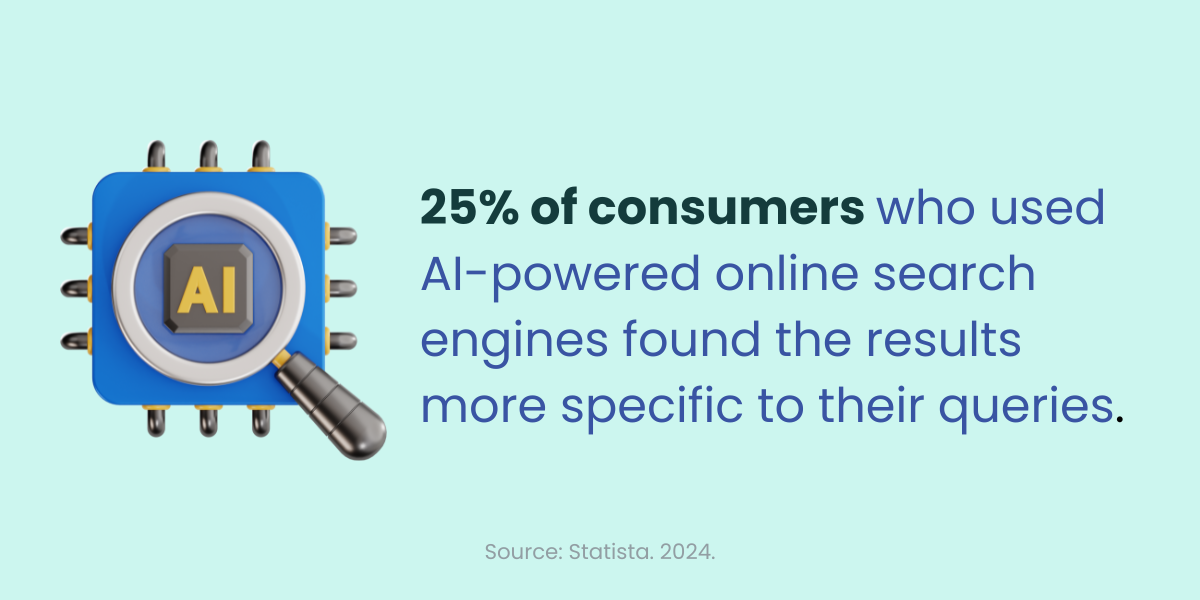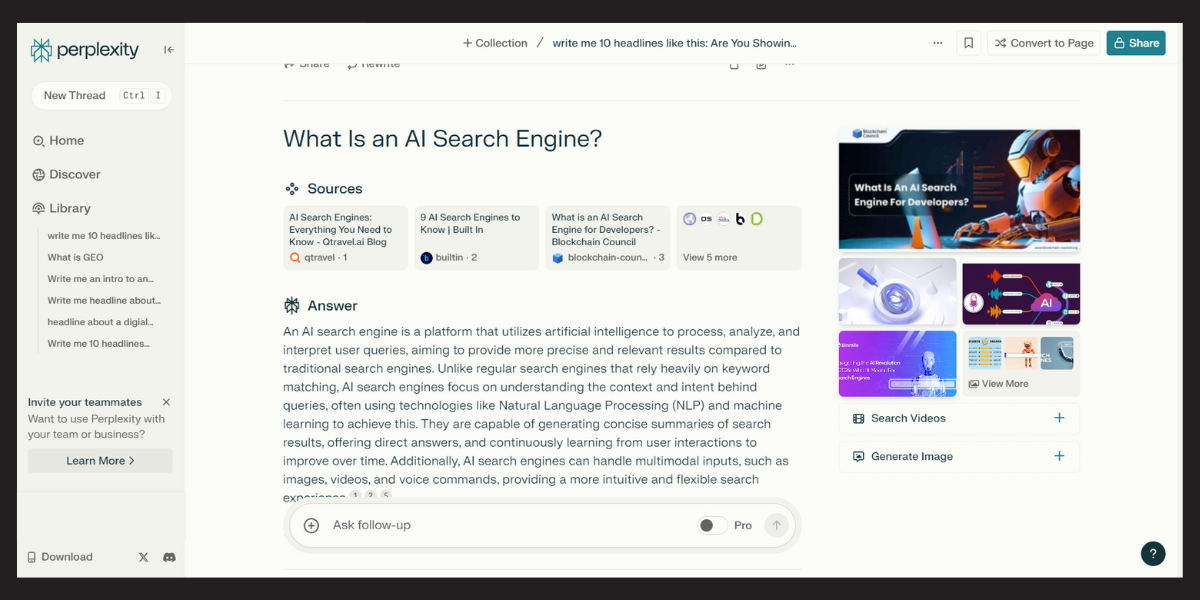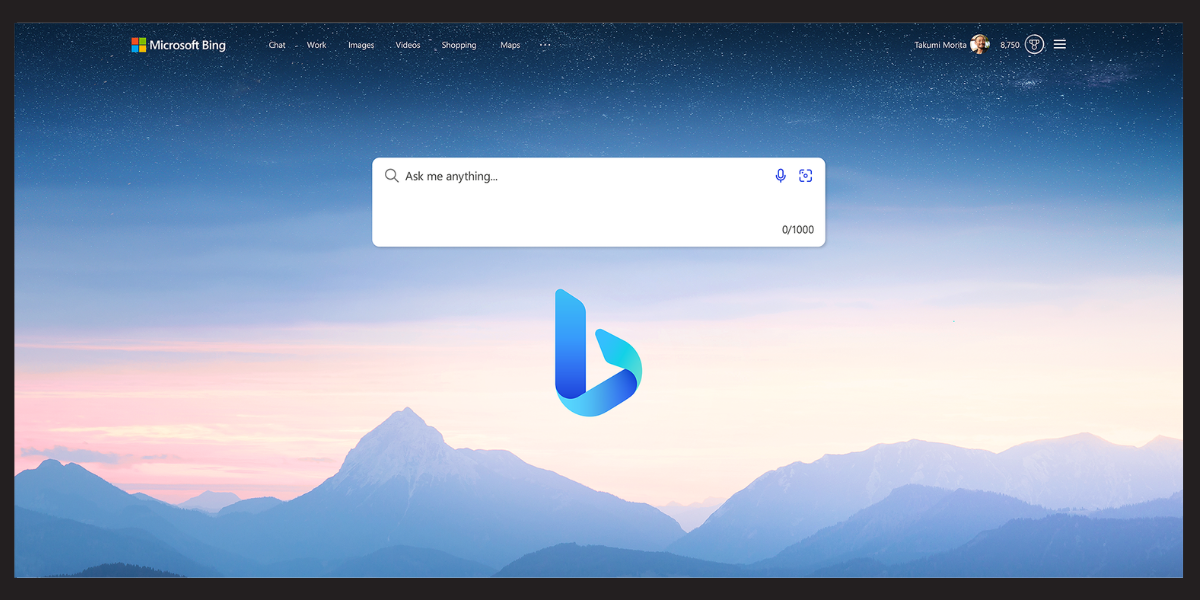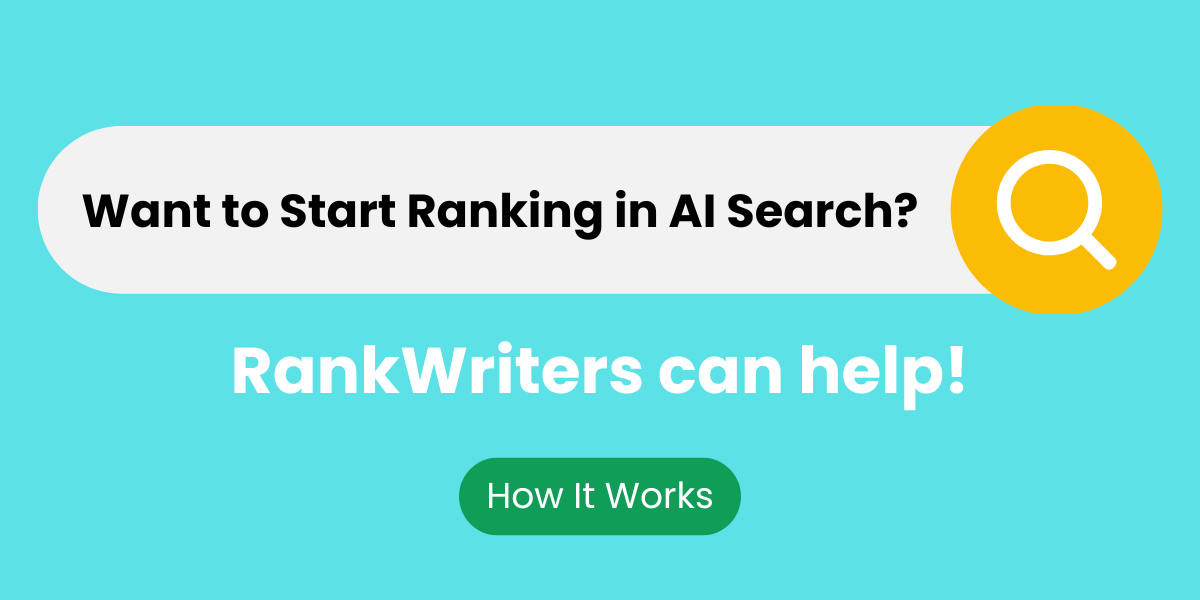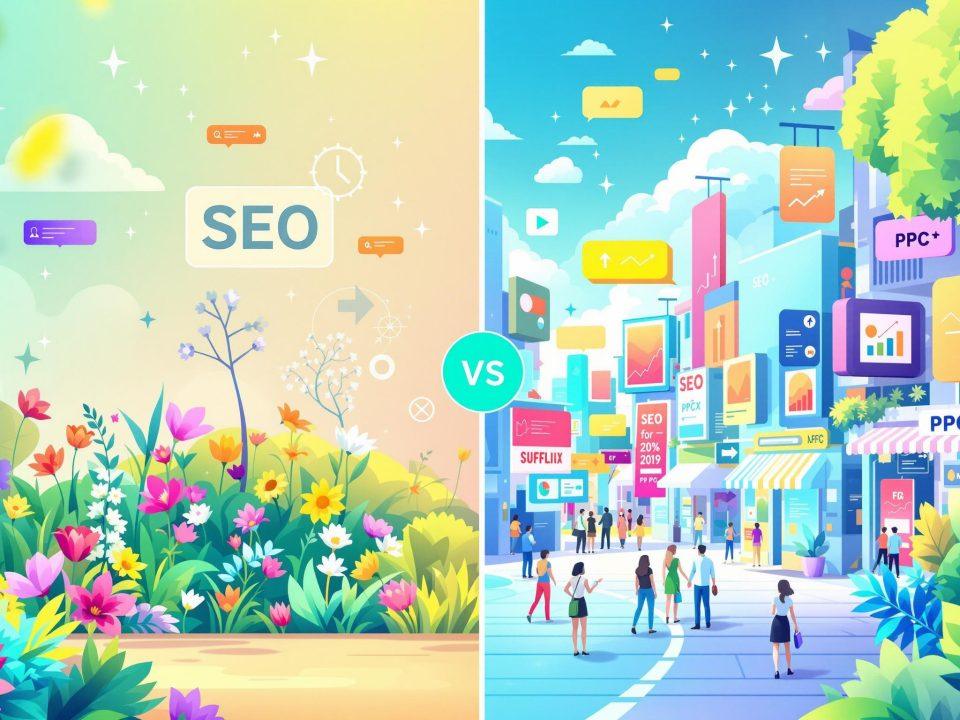The way we search for information online has fundamentally shifted. What used to involve typing keywords into a search bar now resembles a conversation with a research assistant. This is the power of the AI search engine, transforming how we discover and engage with information online. We’re no longer limited to scanning through pages of blue links. Today’s AI search engines utilize advanced algorithms to understand our questions’ intent and deliver concise, human-like responses.
What Is an AI Search Engine?
An AI search engine goes beyond the basic keyword matching of traditional search engines. They leverage artificial intelligence, including natural language processing and machine learning, to interpret queries, understand context, and retrieve relevant information. Instead of presenting a list of links, they analyze and synthesize information from various sources, summarizing it into easy-to-understand snippets. These engines learn from past interactions, personalizing your search experience over time.
For businesses, marketers, researchers, or anyone who relies heavily on search engines, understanding AI search engines is crucial. As AI becomes more prevalent in our digital lives, grasping its capabilities in search is essential for staying ahead.
How Do AI Search Engines Work?
To fully grasp AI search engine capabilities, let’s break down how they work:
Crawling and Indexing
Similar to traditional search engines, AI search engines crawl the web, scanning billions of web pages for relevant content. This gathered information, from text and images to videos, is indexed and stored. This process allows them to access and retrieve vast amounts of data quickly.
Natural Language Processing (NLP)
Here’s where AI distinguishes itself. With NLP, these engines understand the complexities of human language. Rather than solely focusing on individual keywords, they analyze grammatical structure, identify relationships between words, and understand the intent behind your question. This means a conversational query like “What’s the best Italian restaurant near me open past 10 pm?” can be understood in context.
Machine Learning
Through machine learning, AI search engines constantly improve. They analyze your search patterns, clicked links, and time spent on pages. This feedback loop refines their algorithms over time, leading to even more relevant results.
For example, if you often search for “marketing strategies” and consistently click articles about Search Engine Marketing (SEM), future search results might prioritize articles on that topic. This adaptive learning ensures the engine becomes more attuned to your needs over time.
AI-Generated Summaries
AI search engines generate concise, easy-to-understand summaries. After pulling information from various sources, the AI distills the most pertinent details into digestible snippets.
Think of it as having an AI assistant doing the heavy lifting, saving you time by delivering the information you need. Instead of sifting through lengthy articles, you get the key takeaways upfront.
The Rise of AI Search Engines: Key Players
AI has sparked a new generation of search engines rapidly gaining popularity:
Perplexity AI:
Launched in 2022, Perplexity provides AI-generated summaries alongside source links, ideal for quick research. Imagine searching for “the impact of social media on marketing” and immediately seeing a concise summary and links to articles supporting those findings.
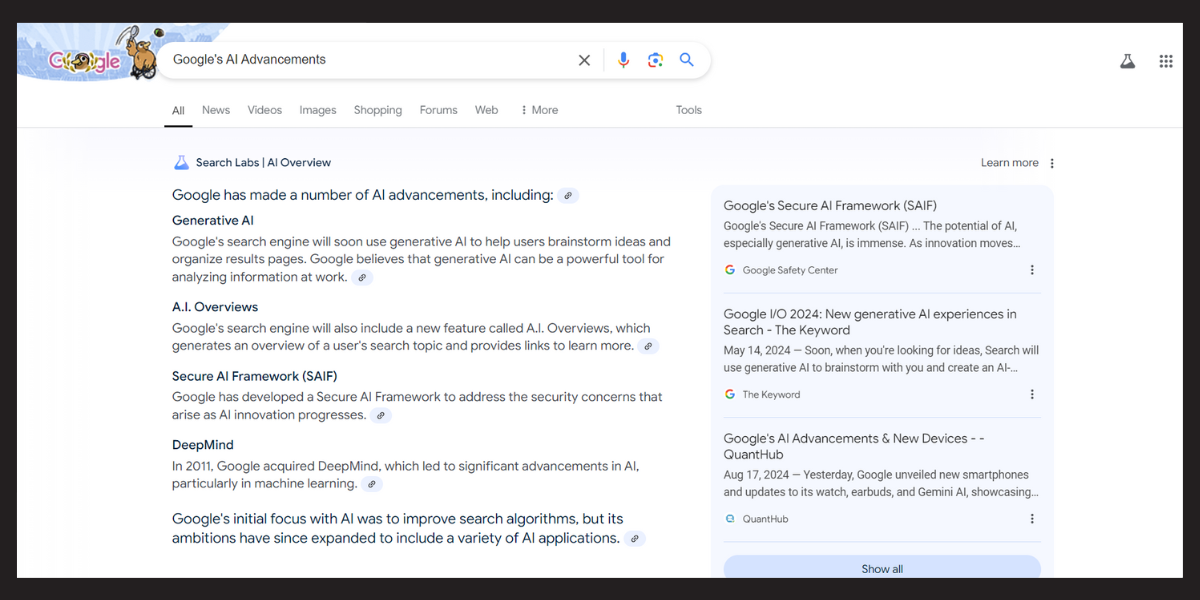
Google’s AI Advancements:
Google, the leading search engine, integrates AI into its platform. With initiatives like AI overviews, Google changes how we interact with its information database.
In 2023, Google began overhauling its site and implemented artificial intelligence into almost every aspect of its search functionality. Rumors suggest a premium version of Google’s AI search capabilities, Gemini Advanced, may be in development. This Pro Plan suggests users could pay for advanced models and features, indicating a potential shift in how we access premium AI-powered search experiences.
Bing’s AI Integration
Microsoft is staying competitive. By adding Copilot, its AI chatbot, to its Bing search engine, Microsoft has revitalized its user base. Bing now provides AI-generated insights alongside traditional results, enhancing the user experience. In fact, Bing saw a surge with over 40 million new users last year, proving users are embracing AI-powered search tools.
The Potential and Perils of AI Search: Navigating the Evolving Landscape
The future of AI search is bright, but challenges remain.
Bias and Accuracy
Because AI search engines learn from their training data, bias can influence results. This is a concern, and efforts are underway to ensure fairness and impartiality. There’s also the issue of AI “hallucinations,” where engines fabricate information presented as facts.
While powerful, AI search requires critical thinking and fact-checking. It emphasizes the importance of responsible AI development and deployment to minimize bias and ensure accuracy.
Ethical Considerations: SEO in the Age of AI
AI search presents ethical challenges, particularly its impact on content creators, publishers, and the digital landscape. With experts suggesting Google may charge for AI search, the landscape of information access could shift. If AI directly serves up information without requiring users to visit websites, content creators relying on search engine traffic and revenue could be affected.
As more people use AI for copywriting and as an AI job description generator, a new question arises: Will SEO die? How to win in Google’s generative AI search? This sparks debate on whether traditional Search Engine Optimization (SEO) might become less relevant with AI search prioritizing intent and user experience. The increasing use of AI, such as Microsoft boosts Azure AI search, intensifies this conversation. As AI search evolves, ethical considerations regarding its impact on existing digital ecosystems become crucial.
FAQs About AI Search Engines
What are the limitations of AI search engines?
AI search engines have limitations. Their effectiveness depends on their training data. Incomplete or biased data can result in flawed search results. There’s also the issue of AI “hallucinations,” where an engine fabricates information and presents it as fact. Therefore, critical thinking and information verification are essential. Current AI search engines excel at straightforward informational queries but struggle with highly subjective questions or tasks requiring real-time information.
Can businesses benefit from AI search engine technology?
Yes. AI-powered tools offer incredible benefits. AI search tools equipped with advanced artificial intelligence capabilities can improve efficiency, engagement, and revenue. Some businesses might even consider incorporating an iShares Robotics and Artificial Intelligence ETF.
Marketers can benefit from AI content creation platforms to generate targeted, SEO-optimized articles. Customer support teams can use chatbots to handle initial queries and gather data. Legal teams benefit from fast research, and developers find AI helpful in writing cleaner code more efficiently.
Conclusion
The development and implementation of AI-powered tools signal a change in how we search, work, and think about information. The AI search engine, in its various forms, is more than a technological leap; it’s a change in how we interact with the digital world.
These AI-powered advancements, such as Content at Scale’s content tools equipped with artificial intelligence, offer new ways to improve productivity. However, these tools present challenges. It’s crucial for developers, policymakers, and society to address ethical concerns to ensure AI search empowers, rather than hinders, human ingenuity.
Understanding AI search engines, their benefits, and limitations is crucial for anyone who relies on online information, which is essentially everyone. As technology advances, staying informed about AI is not just about keeping up; it’s about shaping the future of information.


